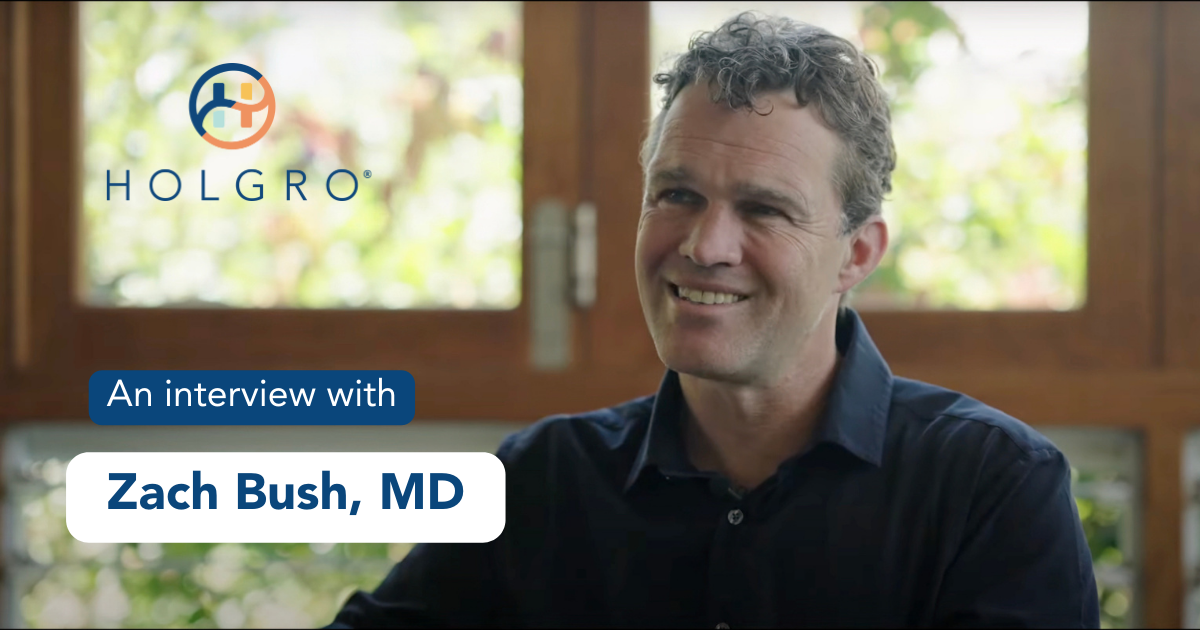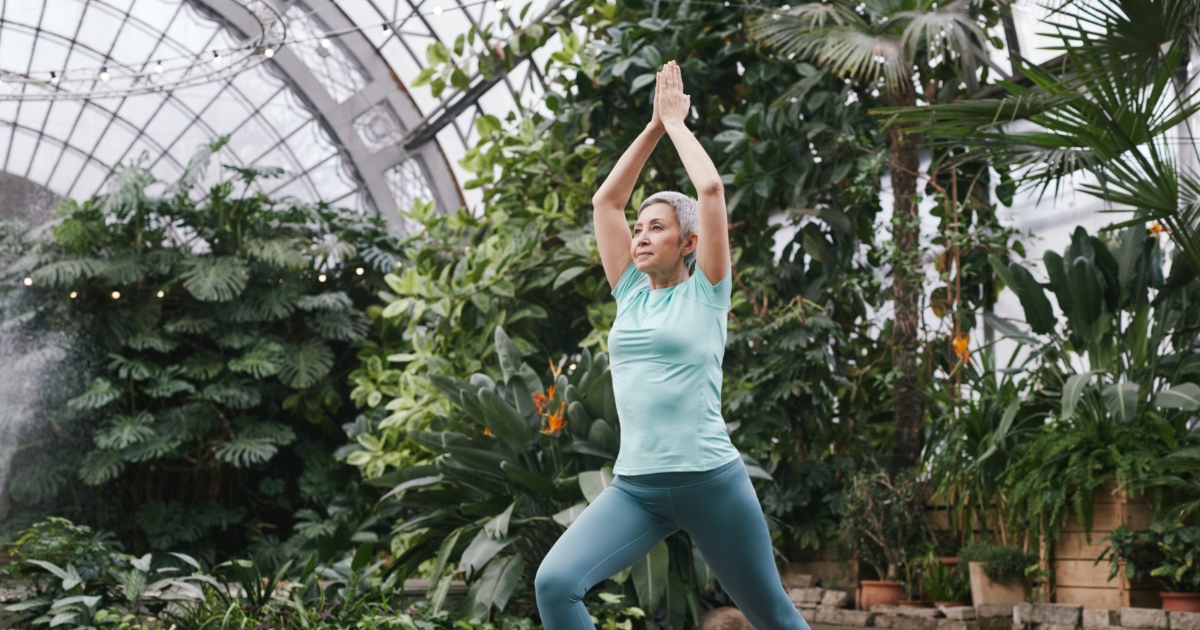How to stay well as the seasons change
Hippocrates once declared that ‘health is the greatest of human blessings’. And, more than 2000 years later, it seems we still agree. A McKinsey Health Institute survey published last year found that approximately 85% of respondents rated mental and physical health as ‘very important’ or ‘extremely important’.
This two-part blog series is focused on health and wellness. It centres on the notion that instead of teaching our population to be fearful of germs, we could shift our perspective to focus on the proactive steps we can take to boost our natural immunity. If you missed the first article of the series, head here to learn more about the common myths surrounding germs and how microbes can actually benefit us in our everyday lives.
In this second and final article, we’ll investigate ways we can maintain our good health, even as the seasons change and sickness seems to surround us.
How to stay well?
How to stay well is an age-old question and one that can be highly controversial. But science can suggest some ways we can look after our physical and mental health.

Eat quality food
Veganism, vegetarianism, pescatarianism, keto, paleo, the list goes on and on. While opposing camps may argue passionately that their way of eating is, in fact, the healthiest, experts agree that the quality of the food eaten is crucial. Our bodies source nutrients from our food. That’s why it’s so important to consume food that is the best quality possible for your situation and budget.
In a recent interview featuring Zach Bush MD, the physician discussed the lack of nutrients found in most supermarket produce.
‘In conventional growing, we use a lot of nitrogen, phosphorus and potassium (NPK) as a bandage to biology, and so we can make plants look pretty healthy by pouring NPK fertilisers into the food, and they look green, the tomato looks red – it must be good. But what we find is if we don’t have in that mix of soil matrix manganese and selenium and all of these trace minerals and nutrients, the plant actually has a pretty weakened immune system and isn’t able to produce the medicines that would have been in that food.’

He uses the example of tomatoes grown in your own backyard tasting far superior to a conventionally grown tomato you’ll typically find on a supermarket shelf. ‘The reason for that is because your backyard garden, in an ideal situation, is running off a healthy soil system and compost and cycling of plants in different garden beds, and you’re doing all these age-old techniques for gardening, and for that, the sun and the microbiome and all this diversity conspire to make the most extraordinary nutrient system within that tomato, that is capable now of making all kinds of medicines.’
Bush emphasises the importance of not just choosing organic produce – but food grown on regenerative farms, where soil health is paramount.
‘Regenerative agriculture becomes the new revolution. Organic was a good idea not to spray poisons on our food – way to go, humans – but step two, we’ve got to realise that we’re not growing corn, we’re growing soil. And to grow soil, you need as much biodiversity as possible.’

Get outside
There are many health benefits to getting outside. Of course, you should be careful of excessive sun exposure, but there are tons of health benefits to absorbing natural sunlight. According to Benefits of Sunlight: A Bright Spot for Human Health by M. Nathaniel Mead, the best-known benefit of sunlight is its ability to boost the body’s vitamin D supply.
‘At least 1,000 different genes governing virtually every tissue in the body are now thought to be regulated by 1,25-dihydroxyvitamin D3 (1,25[OH]D), the active form of the vitamin, including several involved in calcium metabolism and neuromuscular and immune system functioning.’
Some believe that vitamin D insufficiency also contributes to other major illnesses. Connections have been drawn to metabolic syndrome, multiple sclerosis, type 1 diabetes, hypertension and even cardiovascular disease.
Clean, fresh air is another major benefit of heading outdoors and important to our health. In fact it’s so important that The United Nations General Assembly declared that the right to clean air, water and a stable climate is a universal right.
Encouraging the kids outside may result in messy, muddy play. The person responsible for laundry in your home may be groaning! But the microorganisms in mud can ‘train the immune system and build resilience to a range of illnesses, including allergies, asthma and even depression and anxiety’. In fact, there are now businesses that exist to encourage outdoor messy play for our kids (and for ourselves!). And it’s a lot of fun!

Get moving
Another no-brainer, exercise has long been associated with good physical health. It has many notable effects on mental health, including mood, energy and sleep. Combine the great outdoors with some natural movement, and you’re in for a health-boosting combination. Maybe a bushwalk, kayak or bike ride.
Keep the mind strong
Your mind is arguably your strongest muscle. Experts see loads of connections between mental health and immune system function. So it’s crucial to focus on this area when considering a holistic view of health.
Jon Lieff, author of The Secret Language of Cells, says, ‘Two-way cellular conversations between travelling immune cells and stationary brain cells use signals that are sent as molecules, or molecules inside sacs, that are secreted into tissues, blood vessels, and cerebrospinal fluid. The signals can profoundly affect general cognition and memory, and are highly related to depression and pain, as well as responses to stress.’
And just as stress and anxiety can affect our physical health – the reverse may also be true. Happiness encourages healthier choices and behaviours, which can also lead to less inflammation and better immune functioning. One study even found that ‘emotional vitality—a sense of enthusiasm, of hopefulness, of engagement in life, and the ability to face life’s stresses with emotional balance—appears to reduce the risk of coronary heart disease’.

Maintain strong social connections
Maintaining social connections can also play a role in promoting healthy functioning. Experts believe that loneliness can lead to poor physical and mental health outcomes. These are things like lowered immunity, higher blood pressure, more inflammatory responses and even decreases in cognition, such as memory. Even more telling, loneliness can lead to more mental health symptoms, and is associated with depression, anxiety and higher levels of stress.
Learn more!
Learning more about how to stay well matters, and not just when the seasons change. The tips here will help, and if you’d like to learn more check out the 6 Foundations of a robust immune system and The power of emotions and their effects on the body in some of HOLGRO’s educational webinars. Keeping your mind active is not only important to your mental health, but education is also crucial for all of us on a community level to keep growing and improving our planet.



 Author:
Author: 





